ATTRACT Final Conference – Bringing big science, talent and technology together

ATTRACT hosted its Final Conference in Brussels, Belgium, on 2–3 July 2025. The event served as a dynamic platform for bringing together all key actors involved in ATTRACT phase 2 to showcase their achievements and impact. For two days, participants had the opportunity to gain firsthand insights into the practical implementation of the ATTRACT model and its contribution to advancing innovation across research, industry, and society.
Watch this video that summarizes this significant milestone for ATTRACT phase 2.
ATTRACT celebrates successes at final conference
The initiative helped develop breakthrough detection and imaging technologies and tested a model for innovation in Europe
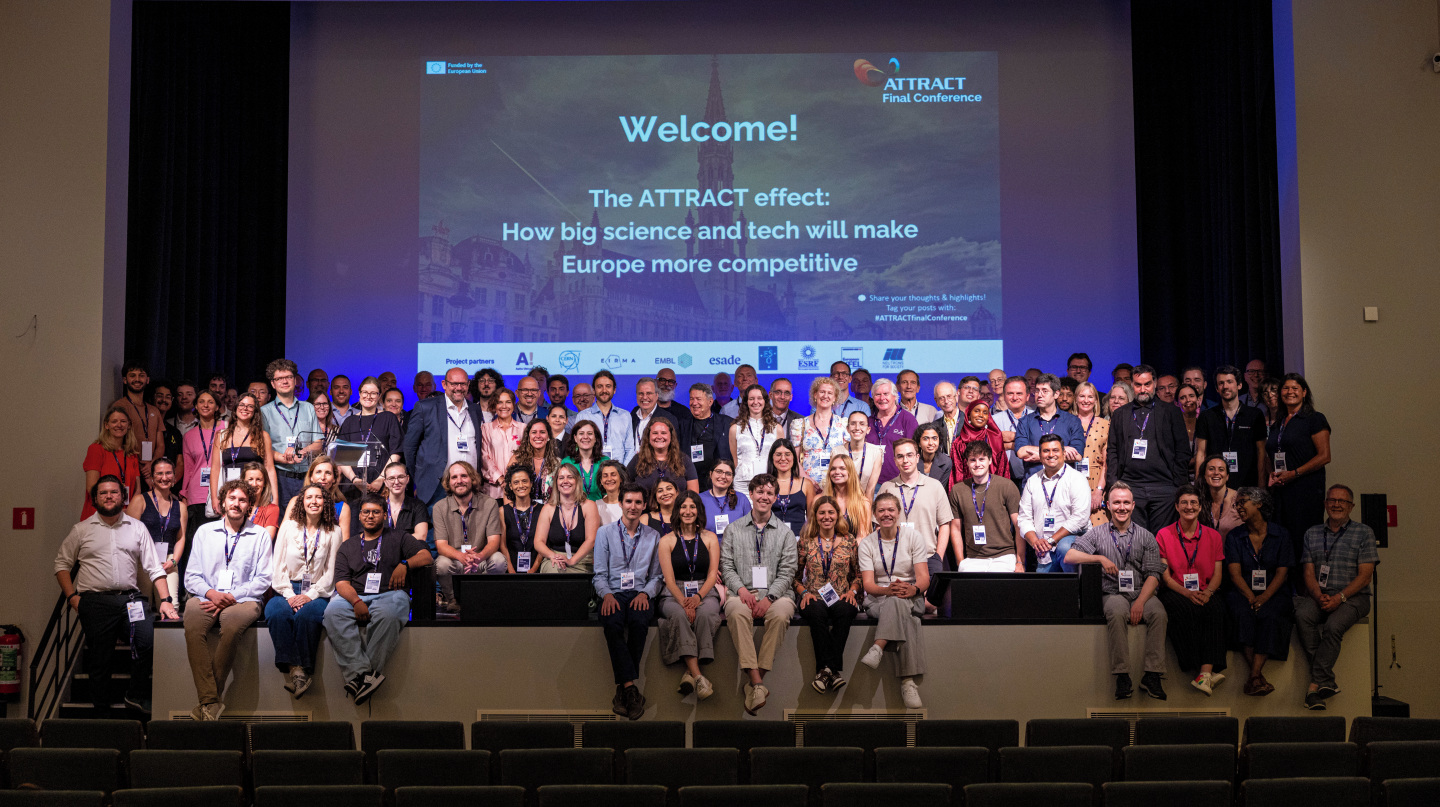 The initiative helped develop breakthrough detection and imaging technologies and tested a model for innovation in Europe
The initiative helped develop breakthrough detection and imaging technologies and tested a model for innovation in Europe
Rethinking the role of research infrastructures
ATTRACT highlights the potential of research infrastructures to boost Europe’s competitiveness and security
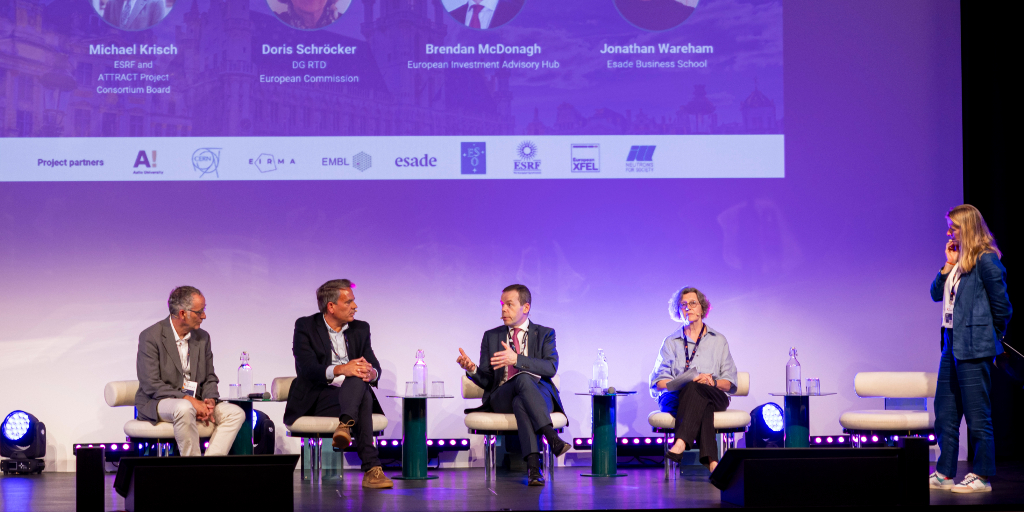 ATTRACT highlights the potential of research infrastructures to boost Europe’s competitiveness and security
ATTRACT highlights the potential of research infrastructures to boost Europe’s competitiveness and security
ATTRACT lights the way to commercialising R&D
Project offers blueprint to develop more homegrown deep tech in Europe
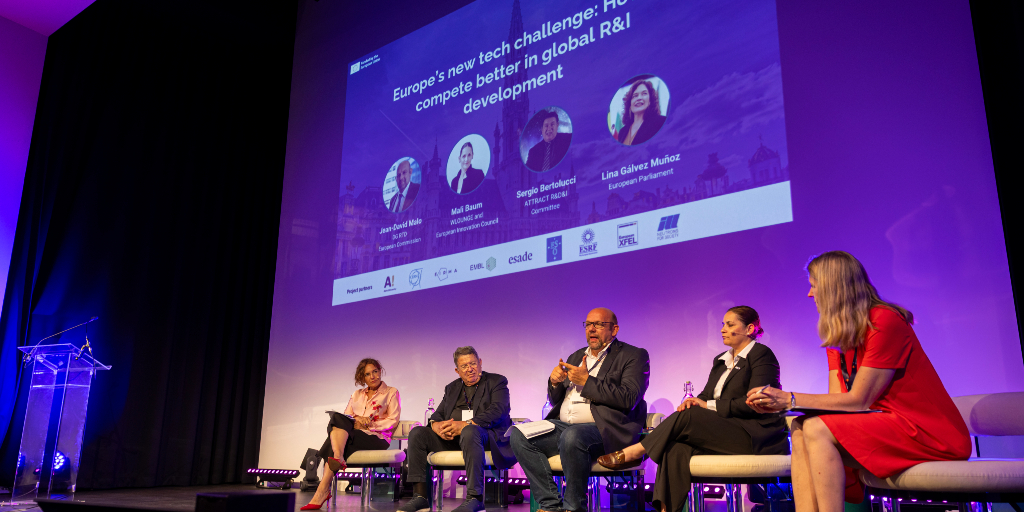 Project offers blueprint to develop more homegrown deep tech in Europe
Project offers blueprint to develop more homegrown deep tech in Europe
How a swim helped launch one of Europe’s fast-moving quantum start-ups
Random Power, an Italian quantum innovator, is among several surprising deep-tech projects incubated by the EU-funded ATTRACT project
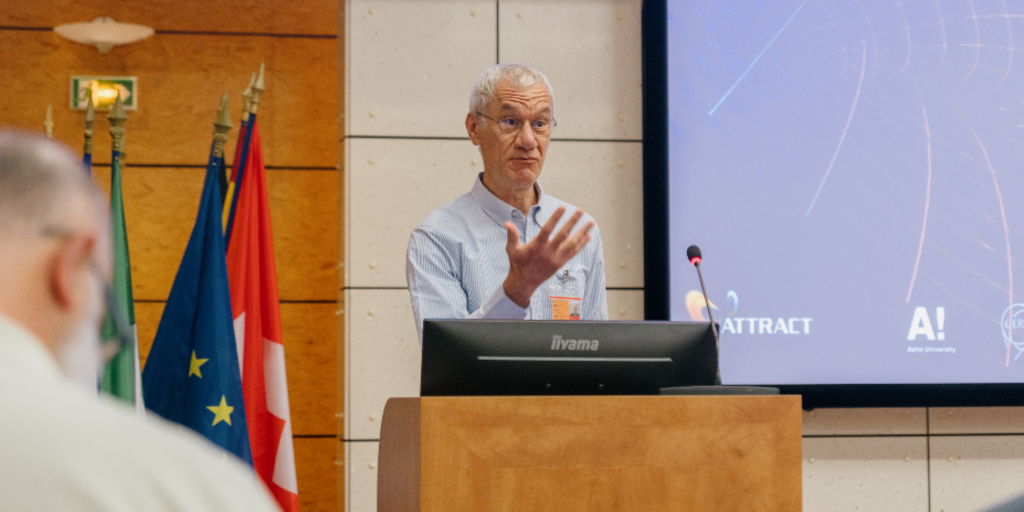 Random Power, an Italian quantum innovator, is among several surprising deep-tech projects incubated by the EU-funded ATTRACT project
Random Power, an Italian quantum innovator, is among several surprising deep-tech projects incubated by the EU-funded ATTRACT project
What happens when you let a bunch of sociologists loose in a tech lab?
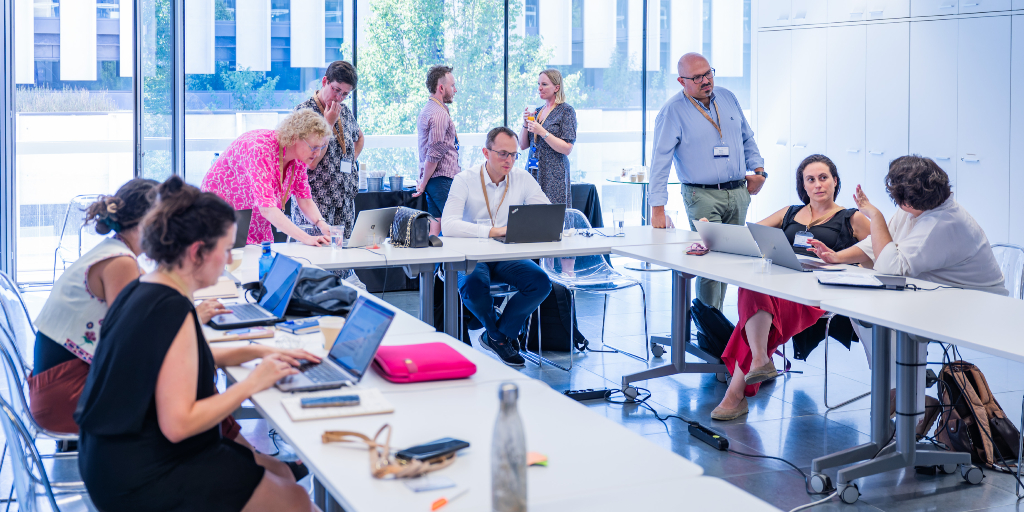
Around the world, governments spend billions of euros a year to get new discoveries out of the lab and into the market. But do they actually know what works and what doesn’t?
Spoiler alert: not really. In many cases, the design of R&D support programmes is just a matter of “well-intentioned guesswork,” says Albert Bravo-Biosca, director of the London- and Barcelona-based Innovation Growth Lab, a non-profit that studies innovation policy.
FTSF programme: linking design and technology for sustainable textile solutions
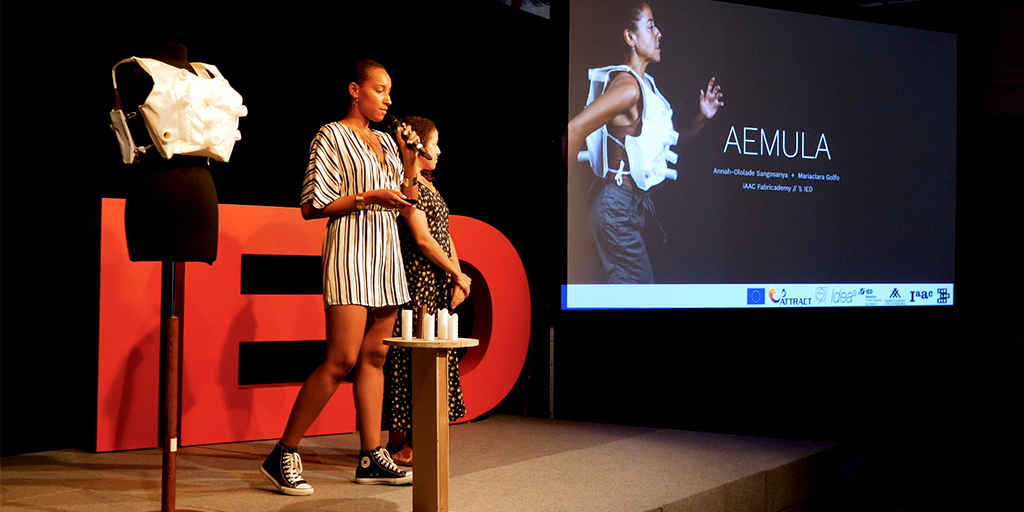
The Future Technologies for Sustainable Fashion (FTSF) programme is an initiative designed to explore the intersection of fashion and technology through a critical lens focused on sustainability, future scarcity, and space habitation.
CBI-FP programme: bridging innovation and societal impact through multidisciplinary collaboration
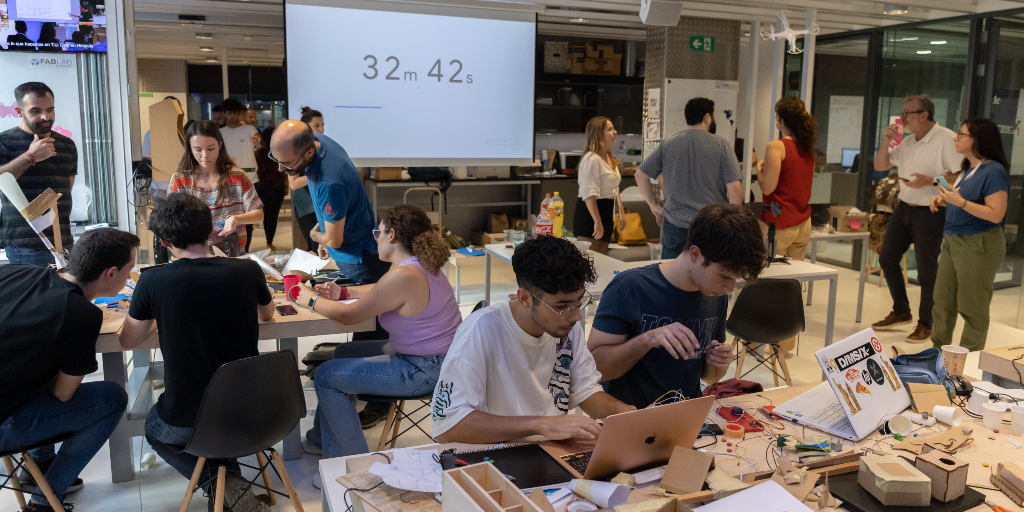
The CBI Fusion Point (CBI-FP) programme exemplifies the innovative spirit of multidisciplinary collaboration in higher education, addressing real-world challenges with a focus on societal impact. The Challenge Based Innovation course was established in 2014 and is a joint effort by Esade Business School, IED Barcelona and Universitat Politècnica de Catalunya (UPC).
Training the entrepreneurs Europe needs
ATTRACT2 is creating skilled tech talent and entrepreneurial leaders, rolled into one.
 ATTRACT2 is creating skilled tech talent and entrepreneurial leaders, rolled into one.
ATTRACT2 is creating skilled tech talent and entrepreneurial leaders, rolled into one.
Using experimentation to boost University-Industry collaboration
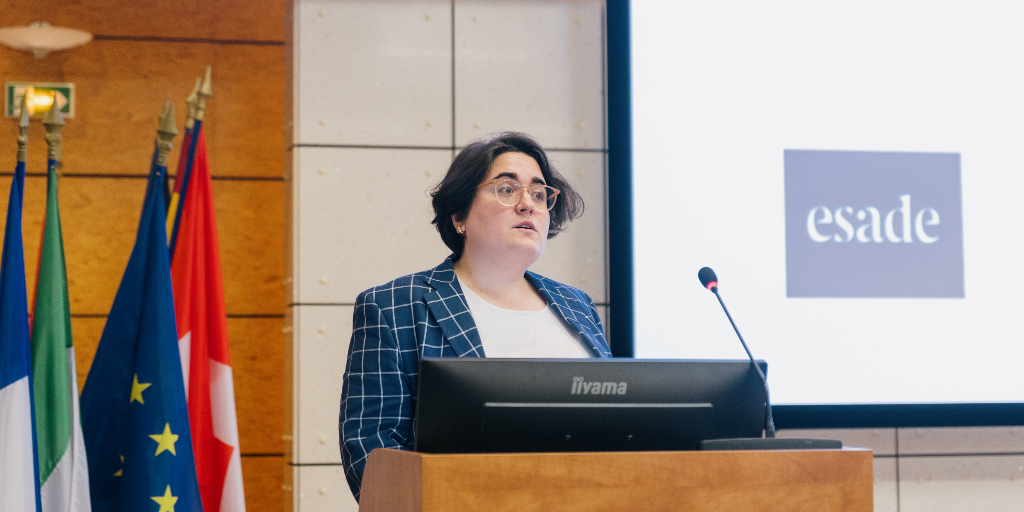
Collaboration between universities and industry is essential for transforming academic research into practical innovations that can impact the real world. However, the strategies used to make these collaborations possible have often lacked rigorous testing. This has led to uncertainty about which approaches work best in helping researchers and businesses partner effectively.
Pagination
- Page 1
- Next page